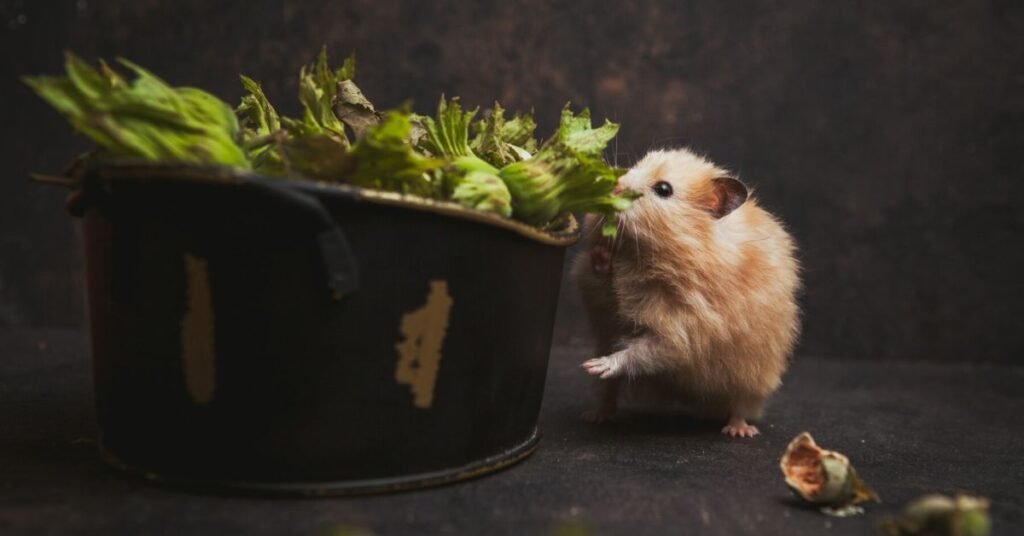If you’ve ever wondered whether high temperatures can reduce the effectiveness of bait poisons, especially if you’re dealing with pest control in a hot climate, this article is here to help. Below, we’ll break down what happens to bait poisons when they’re exposed to heat, along with tips on how to maintain their potency for effective use.
Understanding First Bait Poison and Its Usage
What is First Bait Poison?
First bait poison, often used to refer to initial or primary bait poisons in pest control, is designed to attract and kill specific pests like rodents or insects. These poisons are commonly applied in areas with known pest activity to eradicate infestations effectively. However, their chemical properties may be sensitive to certain environmental factors, including heat.
MUST READ: How Much Does a Boulder to Honor Someone Cost?
Common Types of First Bait Poisons
Most bait poisons fall into a few primary categories:
- Anticoagulant Baits: These are commonly used for rodent control, causing internal bleeding that leads to the pest’s death.
- Protein-Based Baits: Often used for insects like ants, these baits attract pests by mimicking food sources.
Each type of bait poison has its specific storage and application requirements to remain effective.
The Impact of Temperature on Chemical Compounds
Temperature can accelerate or decelerate chemical reactions. In high temperatures, some compounds break down or react differently, which can lead to reduced effectiveness in products like bait poisons.
When bait poisons are exposed to heat, their chemical stability may diminish, causing a reduction in potency. This loss of potency can mean the bait no longer effectively attracts or kills pests.
Heat and Bait Poisons: What Happens?
Many bait poisons contain active ingredients that can break down at elevated temperatures. When the compounds begin to degrade, the poison’s ability to function properly is compromised.
If bait poisons are stored or applied in a hot environment, they may lose effectiveness. This reduction can make it harder to control infestations, especially if the bait no longer appeals to pests or cannot effectively kill them.
Factors Affecting Bait Poison Potency
Sunlight can raise the temperature of bait, especially if it’s left in a bright or unshaded location. Direct exposure to sunlight can quickly increase degradation rates in some compounds.
Where bait is stored also matters. If the storage area reaches high temperatures, this can impact the potency long before the bait is applied. It’s essential to keep bait poisons in a cool, dry location whenever possible.
Types of First Bait Poisons Most Affected by Heat
Protein-based baits are particularly susceptible to temperature changes. When they degrade, their attraction to insects or rodents decreases, making them far less effective.
Although generally more stable, anticoagulant baits can still be affected by prolonged exposure to heat. Over time, the active compounds in these baits may lose effectiveness if not stored properly.
Best Storage Practices for Maintaining Potency
Ideal Storage Temperatures for Bait Poisons
The recommended temperature range for most bait poisons is between 15°C and 25°C (59°F to 77°F). Avoid storing bait in locations like garages or sheds, where temperatures can soar.
Tips for Safe and Effective Storage
For optimal results:
- Keep Bait in a Cool, Dark Place: Avoid areas with direct sunlight or high humidity.
- Use Airtight Containers: This helps to protect bait from both moisture and heat.
Proper Application of Bait Poisons in Warm Climates
Applying bait during cooler parts of the day, such as early morning or late evening, can prevent heat-related degradation.
Placing bait in shaded or covered areas can further protect it from the sun’s intensity, ensuring it remains effective longer.
Does Heat Affect All Pest Control Products?
Comparing Different Types of Pest Control Products
Not all pest control products react to heat in the same way. While bait poisons are susceptible to heat degradation, products like sprays and traps are less affected.
How Baits Differ from Sprays and Traps
Unlike baits, which rely on chemical attraction, sprays and traps often use physical mechanisms that aren’t impacted by temperature, making them ideal for hot climates.
Studies on Heat and Bait Poison Potency
Studies have shown that elevated temperatures can lead to a noticeable decline in the efficacy of some bait poisons, especially those stored improperly.
One insight from recent studies is the benefit of regularly replacing bait in warm environments to prevent potency loss due to prolonged exposure.
Real-World Examples of Bait Potency Loss Due to Heat
In hot regions, pest control companies have observed faster bait degradation and have adapted by using heat-resistant bait or applying it in shaded areas.
Many pest control professionals recommend frequent bait replacement and proper storage to ensure effectiveness, especially during summer months.
DIY Tips to Maximize Bait Poison Effectiveness in Heat
Opt for baits known for heat resistance, particularly if you live in a warm climate. Some brands have formulations designed to withstand higher temperatures.
If you must store bait in warmer areas, consider insulating containers or using cool packs to keep the temperature down.
Frequently Asked Questions About Bait Poisons and Heat
Can You Refrigerate Bait Poisons?
Yes, you can refrigerate certain types of bait poisons, but always check the product label. Some baits may be affected by moisture in a refrigerator.
How Long Does Bait Poison Last in Hot Weather?
In high temperatures, bait poisons may lose potency within a few days to weeks. It’s advisable to replace bait frequently if it’s stored in a hot location.
What Temperature is Too Hot for Bait Poisons?
Temperatures above 30°C (86°F) can cause many bait poisons to start degrading, especially in direct sunlight.
Are All Pest Control Products Heat Sensitive?
No, not all pest control products are sensitive to heat. Sprays, traps, and some powders can withstand high temperatures better than bait poisons.
How Can I Tell If Bait Poison Has Lost Its Potency?
If pests are no longer attracted to or affected by the bait, it may have lost potency. A visual change in color or texture can also be a sign.

